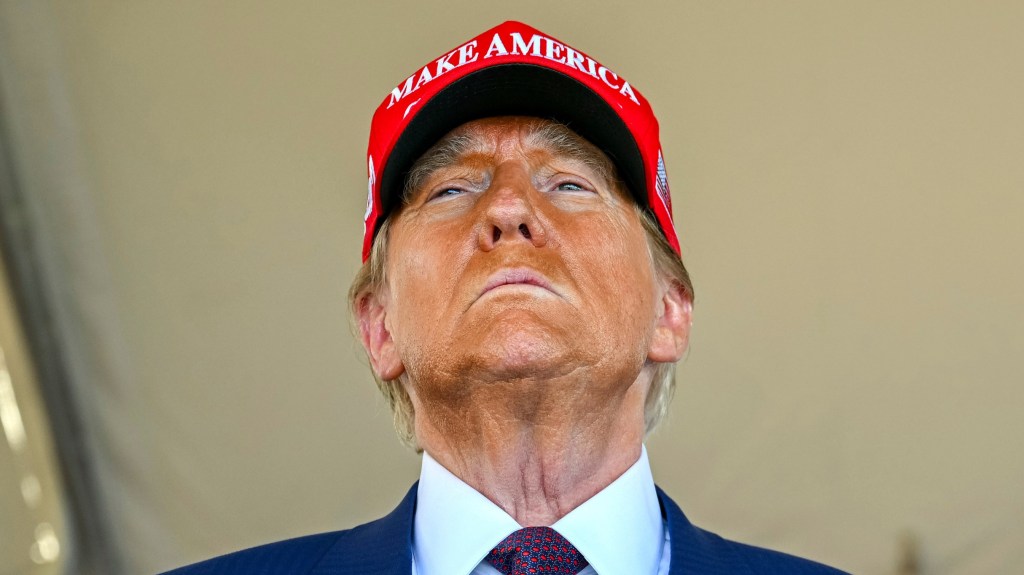Trump’s Tariff Proposals Cause Market Turmoil
Fears regarding the potential ramifications of tariffs announced by the U.S. under Donald Trump have stirred international financial markets just ten days before his return to the White House.
China’s currency has plummeted to a 16-month low against the U.S. dollar, amid predictions that Trump will implement significant tariffs on Chinese imports. Recently, the president-elect promised a 10 percent increase on all Chinese goods, although he has previously mentioned tariffs as high as 60 percent.
The market downturn is partially driven by speculation that the People’s Bank of China will have to devalue the renminbi to mitigate the effects of these tariffs.
The Chinese central bank has kept a stable exchange rate leading up to Trump’s inauguration; however, the onshore renminbi fell by 0.1 percent to 7.33 per dollar on Wednesday, marking its lowest level since September 2023.
The renminbi is permitted to fluctuate within 2 percent of the daily rate established by the central bank, with the current exchange rate approaching the lower limit of this range.
In Europe, markets experienced a brief downturn on Monday following reports—denied by Trump—that his universal tariff strategy would be scaled back.
The Washington Post indicated that advisors were contemplating a targeted approach focusing on specific imports crucial to national or economic security. This strategy may involve tariffs on sectors such as steel, iron, aluminum, and copper, along with essential medical supplies and energy resources.
As a presidential candidate, Trump advocated for tariffs ranging from 10 to 20 percent on all goods entering the U.S.
The article from The Washington Post led to a spike in the euro, pound, and European stock markets, which subsided somewhat after Trump refuted the claims on his social media platform, Truth Social, stating that it was “wrong” and did not accurately reflect his tariff policies.
Trump’s refutation caused the pound to retract gains from the week, while the euro weakened against the dollar.
Midweek, European stocks faced a decline after CNN reported that Trump might declare a national economic emergency to secure legal grounds for universal tariffs.
The French CAC 40 Index, heavily weighted with luxury brands, fell by 0.5 percent during the week, while the Stoxx Europe 600 Index also suffered losses, particularly in sectors such as retail, real estate, and leisure.
Nevertheless, by week’s end, many European stock indices experienced notable recoveries, fueled by optimism that Trump’s tariff plans might be less extensive than initially feared.
On Friday, the German DAX closed up 1.6 percent for the week at 20,214.79, the CAC 40 gained 2 percent to finish at 7,431.04, and the FTSE 100 rose by 0.3 percent to 8,248.49.




Post Comment